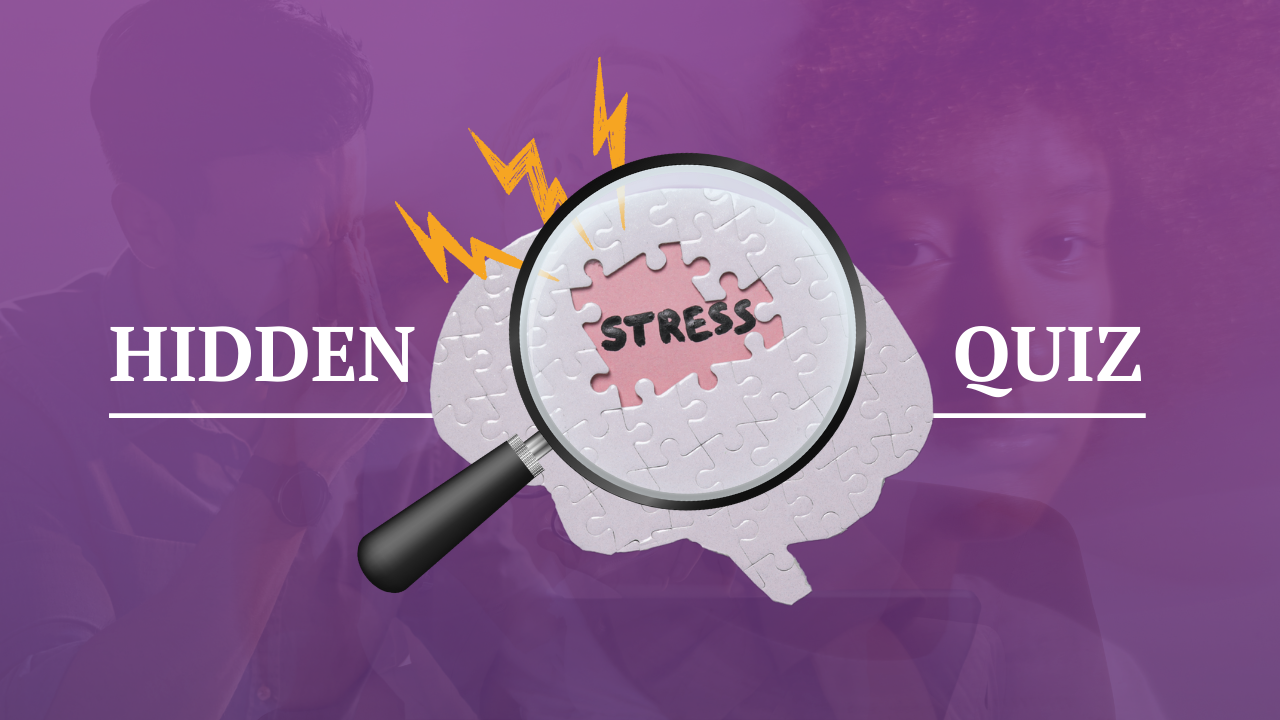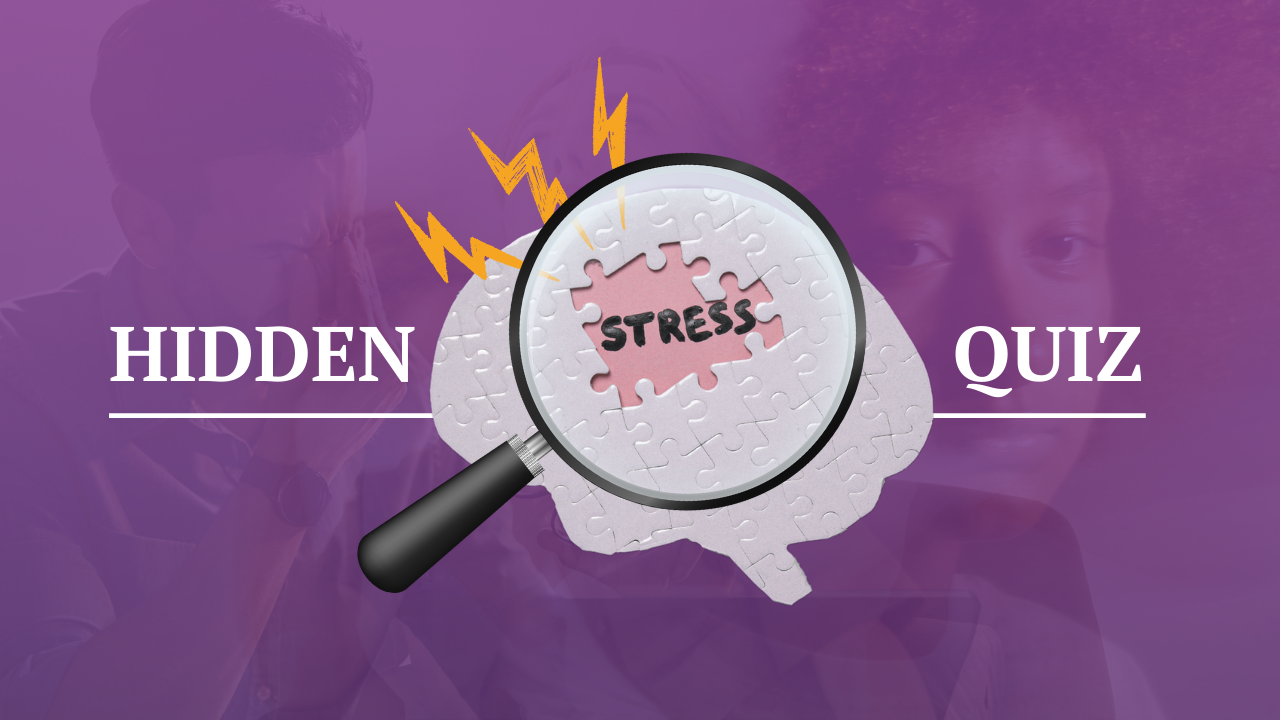Burnout-Proof Your Summer: Small Changes with Big Impact
Jun 04, 2025
Why Summer Is the Perfect Time to Reset
Last summer, I made a small but life-changing decision: I adjusted my schedule to match my energy levels instead of forcing myself into a rigid routine. The difference was incredible. Instead of feeling drained by the end of August, I felt refreshed, recharged, and actually ready for fall.
Many professionals think of summer as a “slower season,” but for high achievers, it often doesn’t slow down at all. Without intentional shifts, burnout can follow you right into fall. The good news? Small seasonal adjustments can prevent burnout while keeping you productive.
Here’s how to make simple summer shifts that protect your energy without sacrificing success.
1) Adjust Your Schedule to Match Your Summer Energy
I used to power through my workdays the same way year-round—until I realized that my energy was different in the summer. Longer days, warmer weather, and changes in routine all impact focus and motivation.
Why It Works:
-
Research shows that exposure to natural light increases alertness and mood (Cajochen, 2007).
-
Studies on seasonal energy shifts suggest that summer months boost morning productivity but make it harder to sustain deep focus in the afternoons (Keller et al., 2017).
How to Use It:
-
Shift deep-focus tasks earlier in the day when energy is higher.
-
If possible, adjust meetings or work hours to take advantage of peak focus times.
-
Take movement breaks outside to reset your energy instead of pushing through fatigue.
Try This: Experiment with a summer work rhythm by blocking time for your most important work in the morning and saving lighter tasks for later. See how your productivity shifts!
2) Create Summer-Specific Self-Care Habits
Self-care isn’t one-size-fits-all. What worked in the winter may feel completely out of sync in the summer.
Why It Works:
-
Changing routines keeps habits fresh and sustainable—repetitive self-care can lose effectiveness over time (Lally et al., 2010).
-
Summer’s longer daylight hours allow for more outdoor activities, which boost mental health (Berman et al., 2012).
How to Use It:
-
Swap indoor workouts for outdoor movement (walking, hiking, biking).
-
Trade evening wind-down routines for sunset rituals like stretching or journaling outside.
-
Add seasonal foods that boost mood—berries, leafy greens, and hydrating fruits all support mental well-being.
Try This: Make one seasonal swap in your self-care routine (e.g., replacing gym workouts with outdoor walks). Notice how it shifts your energy!
3) Learn the Power of True Rest
Many people take vacations or time off but never truly rest. They stay mentally connected to work, check emails, or feel guilty about stepping away.
Why It Works:
-
Studies show that real recovery requires both physical AND mental detachment from work (Sonnentag & Fritz, 2015).
-
Taking “true rest” breaks improves focus, creativity, and long-term productivity (Kühnel et al., 2016).
How to Use It:
-
Set firm boundaries around vacation time—no checking emails or “just one quick task.”
-
Plan unstructured relaxation (lounging by the pool, reading, walking without a destination).
-
If you can’t take a vacation, schedule a full unplugged day to reset.
Try This: Pick one weekend day this month to fully unplug—no work, no emails, just rest. Notice how you feel afterward!
Small Shifts, Big Impact
Summer burnout is real, but it’s also preventable. Adjusting your schedule, self-care habits, and rest strategies can make the difference between exhaustion and true renewal.
What’s one small change you can make this summer to protect your well-being?
References
Berman, M. G., Jonides, J., & Kaplan, S. (2012). The cognitive benefits of interacting with nature. Psychological Science, 19(12), 1207-1212.
Cajochen, C. (2007). Alerting effects of light. Sleep Medicine Reviews, 11(6), 453-464.
Keller, M. C., Fredrickson, B. L., Ybarra, O., Côté, S., Johnson, K., Mikels, J., & Wager, T. (2017). A warm heart and a clear head: Seasonal variations in affective and cognitive function. Psychological Science, 16(11), 769-775.
Kühnel, J., Zacher, H., de Bloom, J., & Geurts, S. A. (2016). Take a break! Benefits of sleep and short breaks for daily work engagement. Journal of Occupational Health Psychology, 21(1), 37-46.
Lally, P., van Jaarsveld, C. H. M., Potts, H. W. W., & Wardle, J. (2010). How are habits formed: Modeling habit formation in the real world. European Journal of Social Psychology, 40(6), 998-1009.
Sonnentag, S., & Fritz, C. (2015). Recovery from job stress: The stressor-detachment model as an integrative framework. Journal of Organizational Behavior, 36(S1), S72-S103.


